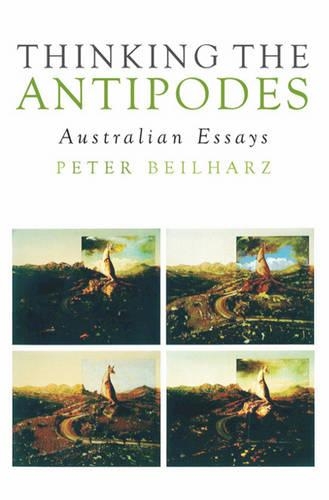
Thinking the Antipodes: Australian Essays
(Paperback)
Publishing Details
Thinking the Antipodes: Australian Essays
By (Author) Peter Beilharz
Monash University Publishing
Monash University Publishing
9th March 2015
Australia
Classifications
General
Non Fiction
Philosophy
300.1
Physical Properties
Paperback
288
Width 153mm, Height 234mm
368g
Description
In 1956 Bernard Smith wrote that we in Australia were migratory birds. This was to become a leading motif of his own thinking, and a significant inspiration for Peter Beilharz. Beilharz came to argue that the idea of the antipodes made sense less in its geographical than its cultural form, viewed as a relation rather than a place. Australians had one foot here and one there, whichever there this was. This way of thinking with and after Bernard Smith makes up one current of Beilharzs best Australian essays. Two other streams contribute to the collection. The second recovers and publicises antipodean intellectuals, from Childe to Evatt to Stretton to Jean Martin, who have often been overshadowed here by the reception given to metropolitan celebrity thinkers; and examines others, like Hughes and Carey, who have been celebrated as writers more than as interpreters of the antipodean condition. The third stream engages with mainstream views of Australian writing, and with the limits of these views. If we think in terms of cultural traffic, then the stories we tell about Australia will also be global and regional in a broader sense.Australia is the result of cultural traffic, local and global.
Reviews
Reading this collection, we are better able to appreciate the sustained intellectual commitment, breadth of sympathy, and responsiveness to changing cultural and political priorities, that characterises Beilharzs work. -- Graeme Davison * The Journal of Sociology,1-3 *
Author Bio
Peter Beilharz is Professor of Sociology and Director of the Thesis Eleven Centre for Cultural Sociology at La Trobe University. He has published 24 books and 200 papers across five continents. His major works include Imagining the Antipodes (1997) and Sociology Antipodean Perspectives, with Trevor Hogan (2012). He has been affiliated with Harvard, Yale and Leeds universities, and in 2015 will work at STIAS in South Africa with Sian Supski.
